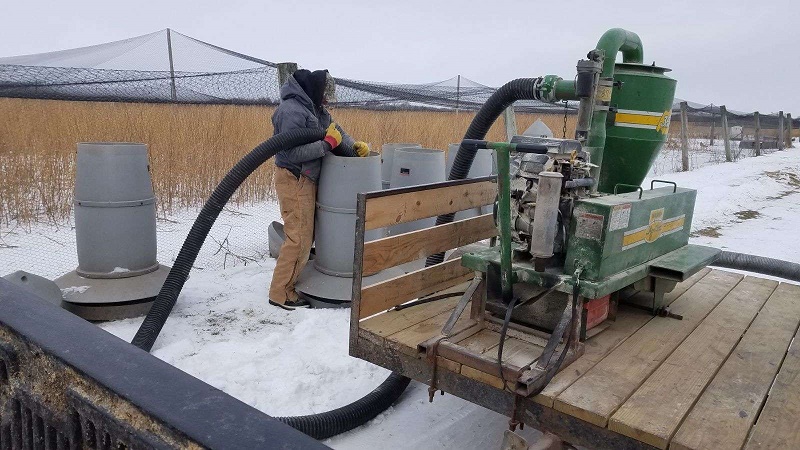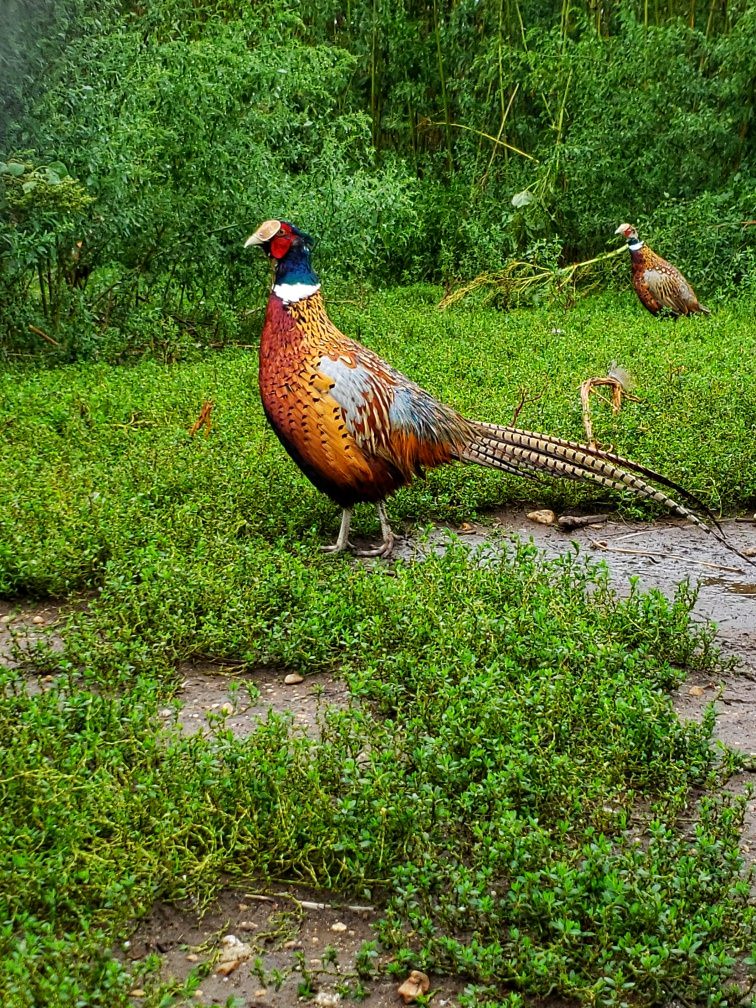What Do We Do With Our Surplus Birds?
Many farms in the U.S. and Canada are in the business of raising hunting birds for sale to hunt clubs. These hunt clubs preorder their numbers, and this is typically a good guideline for how many birds the farm will be raising that year. However, circumstances have a habit of changing even the best-laid plans.
A few variables can influence the amount of birds a club actually purchases once the hunting season arrives. Take the weather for example; when you have a bitterly cold winter in the Northern US, as we did last year, this results in less pheasant hunting. This creates unsold birds.
The economy is another significant factor. After 9/11 in 2001, there was less travel and this resulted in less hunting trips. 2009 was another hard hit year. The recession did not leave households with much expendable income for pheasant hunting. Once again, we have a surplus of birds. The next question is how do we market these extra birds?
There are a few options that farms will do to move extra inventory. The first and probably most obvious is to price drop. Some hunt clubs will purchase birds at the end of the season for a lower rate and then run hunting specials for their customers.
The next option is look geographically. This past summer, we took two truckloads of birds out to California due to a pheasant shortage there. Transferring birds from one portion of the country to another depends on supply and demand. Typically, one area makes up for what another is lacking.
Processing the surplus pheasants is yet another option. Twin Cities Pack in Clinton, WI is where we process our dressed pheasants, and will process some of our surplus pheasants here as well. This drastically cuts down on our profit per mature bird, by about $10, so we do our best to avoid this.
The last popular option that you see some farms doing with any extra pheasants is to turn them into breeder stock. Here on our farm we have established our breeders, therefore we rarely exhaust this option.
The price of feed has a strong correlation on how many birds a farm raises each year. Ten plus years ago our farm, as well as others, would raise many birds outside of the amount that was pre-sold, because feed was cheap and we could afford to do so. Nowadays with prices the way they are, we adjust our numbers to raise only 5% above our pre-ordered numbers.
Related Posts

Important Announcement: Transition of MacFarlane Pheasants’ White Bird Division
Read Post

A Simple Pheasant Feast for Guests
Read Post

Celebrating Blackhawk Technical College Culinary Program and Chef Joe Wollinger
Read Post
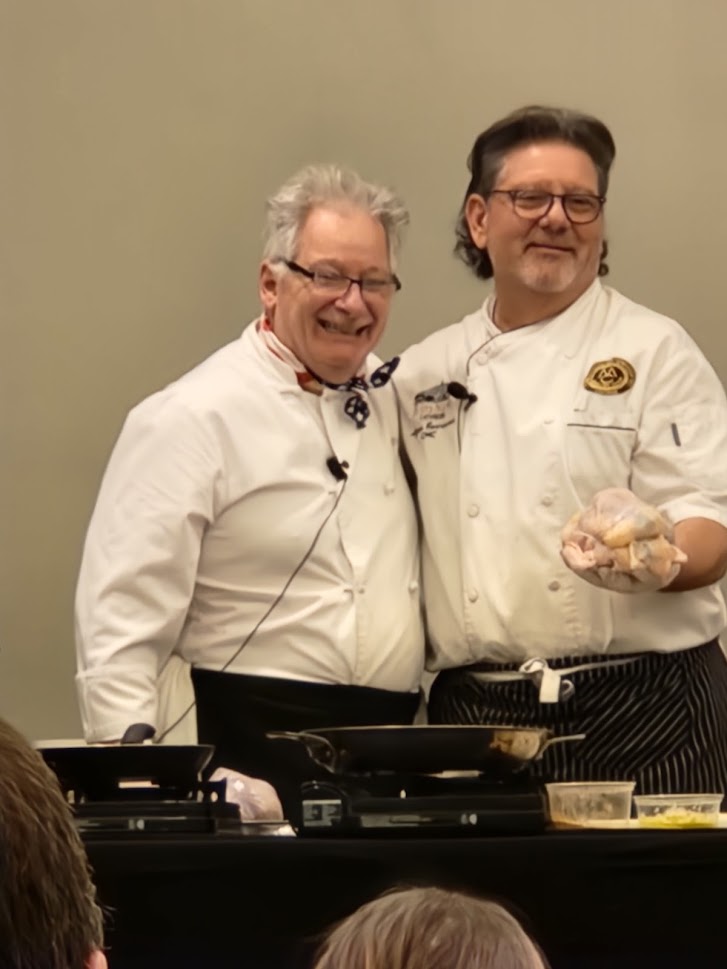
Chef Alfonso Contrisciani and his Assistant Otto Borsich Prepared MacFarlane Pheasant at the 2023 NAGA convention
Read Post
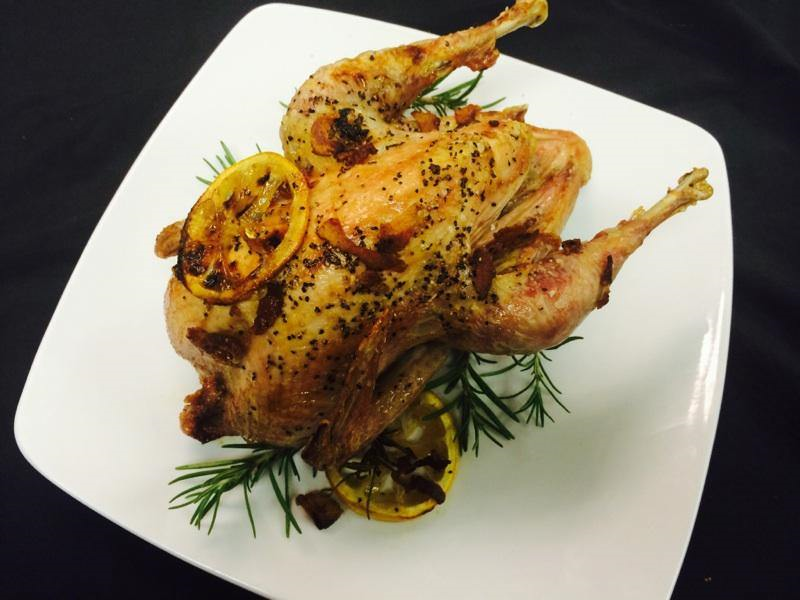
Chunky Pheasant and Bean Soup Is the Perfect Meal for A Snowy Day!
Read Post

Easy Custard Recipe with Pheasant Eggs
Read Post
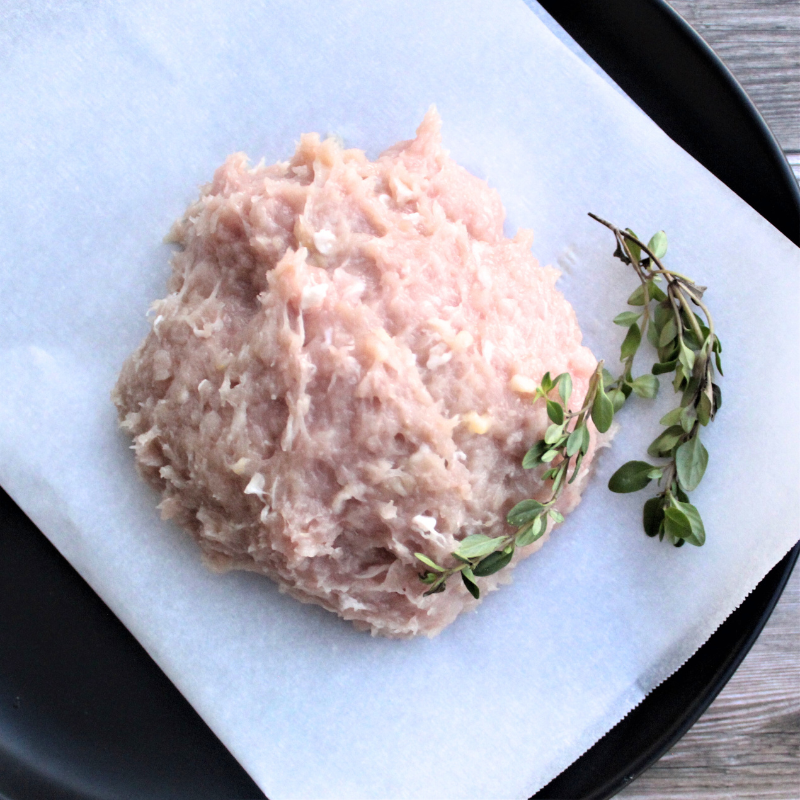
Enjoy Summer Vegetables and Ground Pheasant!
Read Post
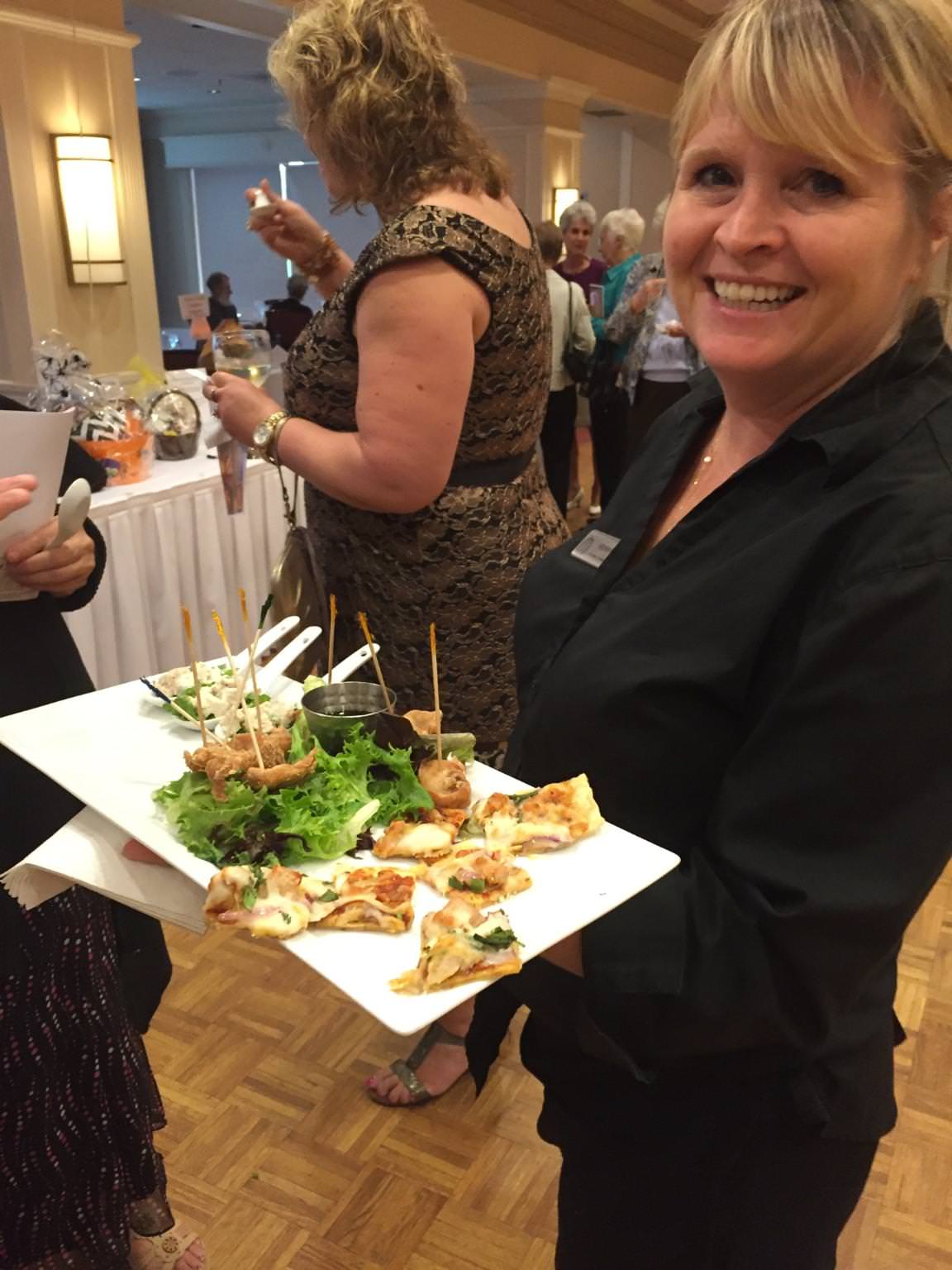
Everyone Cooperating to Help Others (ECHO) features MacFarlane Pheasant
Read Post
Take Advantage of These Free Resources
As the biggest game bird farm in the United States, we want to share our experience with you. Download our free resources below and get started.

